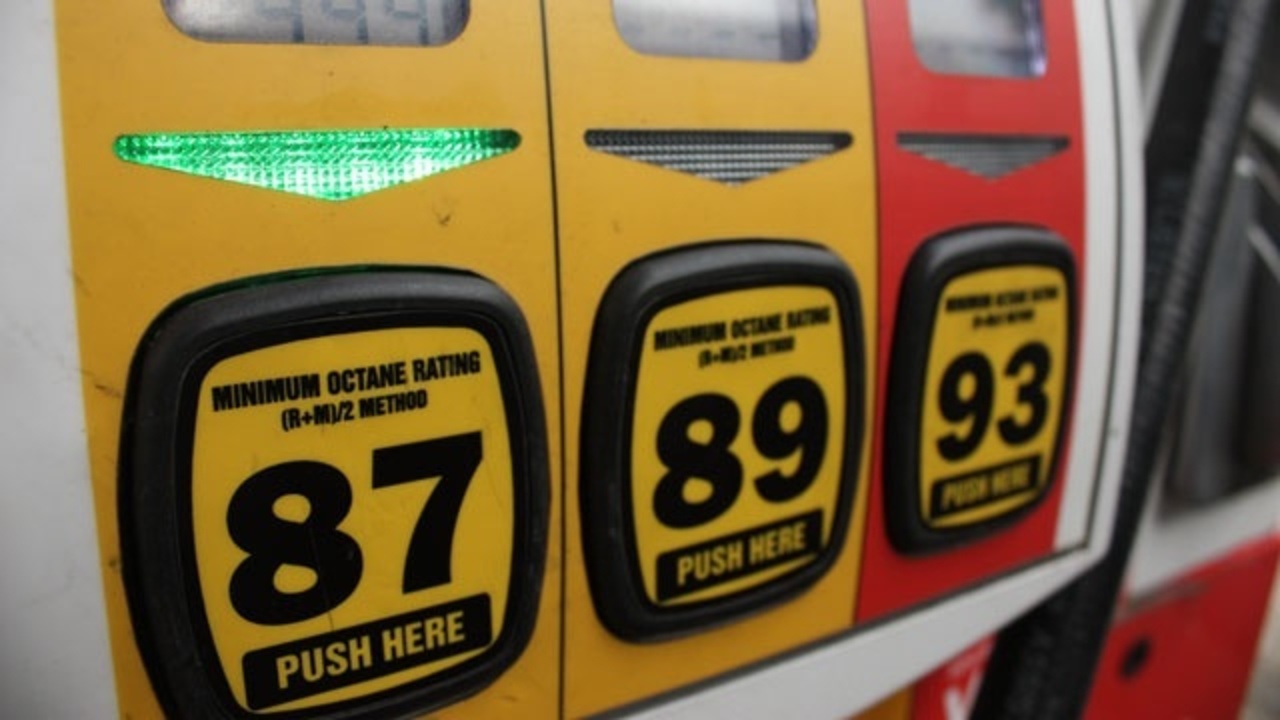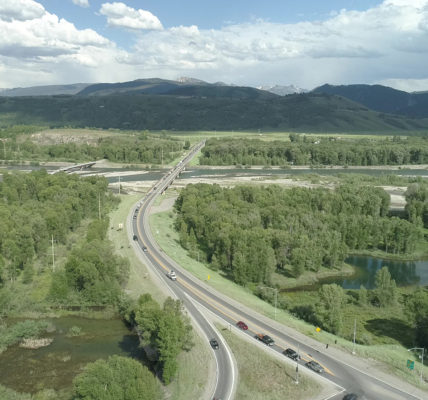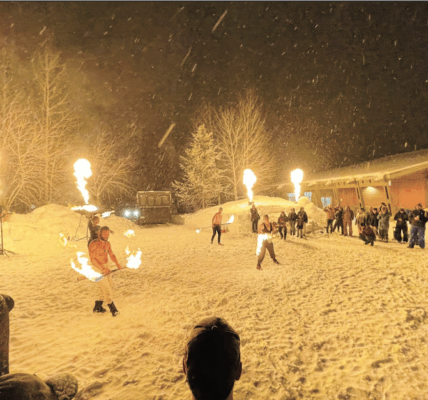By Tom Coulter
Wyoming Tribune Eagle
Via- Wyoming News Exchange
CHEYENNE — With about a third of Wyoming’s roads soon to be in failing condition and a lack of funds to repair them, lawmakers on an interim committee advanced a bill Thursday that would increase the state’s fuel tax by nine cents.
The proposal, if approved by the entire Legislature, would mark the first time Wyoming has increased its fuel tax since 2013. Though similar bills have failed in the Legislature in the past two years, the legislation advanced by the Joint Revenue Interim Committee was seen as essential for the Wyoming Department of Transportation, which currently has unfunded road needs worth about $135 million annually.
The existing budget gap has already impacted the department’s ability to operate. During the committee meeting Thursday, WYDOT Director Luke Reiner outlined what has changed: staffing levels have been reduced by 10% in the past decade; rest areas across the state were closed earlier this year; and several infrastructure projects have been delayed indefinitely.
“With the amount of money that we’re putting toward our roads, in terms of maintaining them, they are declining in quality, and we just know that that’s happening,” said Reiner. “That’s why everything we do is to put as much money as we can into asset preservation.”
Through the proposal, the state’s gasoline fuel tax rate, currently at 24 cents per gallon, would increase to 33 cents per gallon. While the nine-cent jump would be higher than in some previous proposals, Reiner maintained a revenue increase now would create substantial savings later on, noting research that shows 34% of the state’s roads are in subpar condition.
“The takeaway is, if you spend a dollar now, it saves you $4 to $8 down the road,” Reiner said. “I always like to say it’s fiscally responsible for us to maintain what we have.”
If passed by the Legislature, the legislation would generate roughly $60 million in annual revenue, divided between WYDOT, towns and counties. Reiner acknowledged the proposal would not fully make up WYDOT’s existing funding gap, but he said it would help substantially, providing about $39 million directly to the state’s highway fund.
The fuel tax increase had the support of several industry groups, including the Wyoming Trucking Association, Wyoming Taxpayers Association, Wyoming Lodging and Restaurant Association, Wyoming Petroleum Marketers Association and Associated General Contractors of Wyoming. The only industry opposition Thursday came from the Wyoming Farm Bureau Federation.
Before their vote, lawmakers considered a couple other options, including only increasing the tax by three cents and phasing in the nine-cent increase over three years. But they ultimately went with the original proposal, which would take effect next July, if approved during the legislative session this spring.
“(With the phased increase), it just seems like you’re poking someone with a stick, and now you’re going to poke them three times in three years,” said committee co-chair Sen. Cale Case, R-Lander. “Let’s just get it over with and go forward. We’re going to need more sources of money for this department.”
Indeed, the fuel tax increase is not the only proposal that has been brought to lawmakers by WYDOT officials. Earlier this year, Reiner backed a road usage charge, which would make people pay on a per-mile basis for how much they drive in Wyoming, as a potential solution. The proposal was then advanced by the Joint Transportation, Highways and Military Affairs Committee in September.
Reiner maintained his interest in a statewide road usage charge, or “RUC,” during the meeting Thursday, but he said it could be used as just one piece of the puzzle to solve WYDOT’s budget issues.
“(The road usage charge) is a long-term solution, and the right short-term solution … is to pursue a fuel tax,” Reiner said. “This RUC will come in time, if it’s legislatively approved.”
Though the bill didn’t garner much spoken opposition from committee members, it passed narrowly by an 8-6 vote. The proposal will now be up for consideration at the Legislature’s session early next year.






